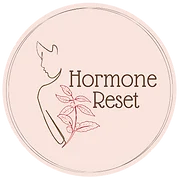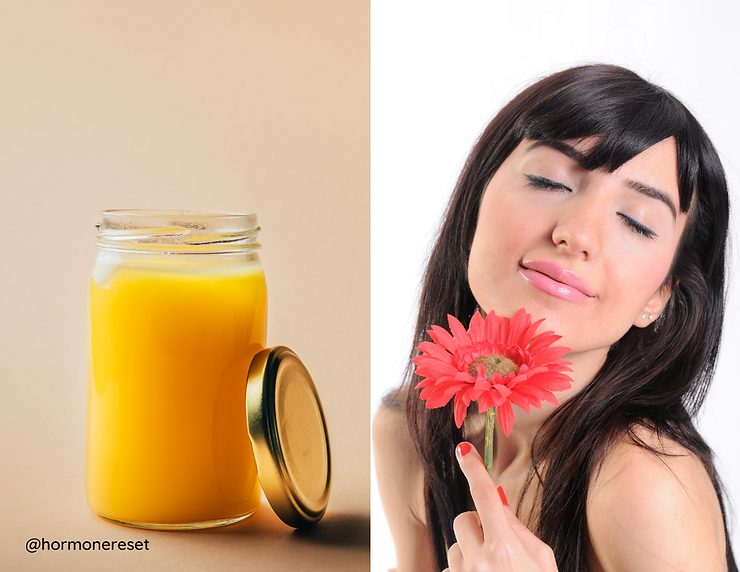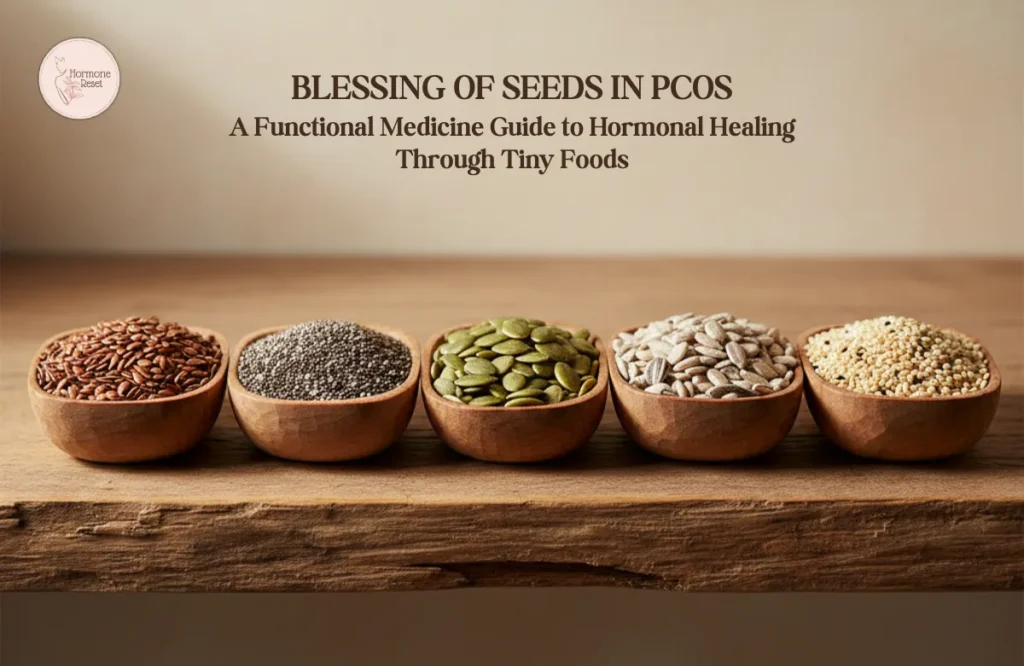Fats are bad. If you still believe this, this article is definitely for you!
Fats are food for the brain. It is extremely essential for healthy hair, skin, happy hormones, maintaining a healthy reproductive system, healthy joints and a robust immune system.
Fat is the one of the most important fuel sources for the body after the primary source- carbohydrates. Fats can be classified into 3 categories such as saturated, unsaturated and trans fats.
Saturated fats come from animal products such as meat, dairy as well as coconut and coconut oil. Reducing animal fats in the diet can help reduce inflammation and therefore also improve hormone balance. Monounsaturated and polyunsaturated fats found mostly in plant foods such as nuts, flax seeds, avocado, olive oil as well as salmon, fatty fishes. They help to raise the good HDL while lowering the LDL in the body.
For maintaining a healthy hormone level a woman needs a good amount of anti-inflammatory fats in her diet. This surely helps lower inflammation and keep hormone production adequate during the reproductive years. Also it has been seen that Omega-3 assists balancing FSH levels and sex hormone, testosterone for women.
Low healthy fat diets are as detrimental to hormone health as trans fat diets. Inadequate intake of dietary fat leads to low hormone production. This has been seen in many women with extremely low BMI and psychological disorders as anxiety/depression. It has been associated with poor mental health and even an increase in depression.
Why is Ghee classified as one of the healthiest fats ?

Ghee or clarified butter is made by heating butter that results in segregation of milk solids and water leaving behind the golden butter fat. It is easily digestible and highly nutritious with a subtle aroma and flavor. Ghee mainly originated in India and is widely used for its healing properties. It is a great detoxifier for the GI system too.
Study reveals that most skinny people often have dry skin, suffer painful or irregular periods, and have lower immunity to cold, coughs and flu. A dash of ghee with meals is the easiest way to promote good health.
- Ghee is a great source of butyrate. Butyrate is a short-chain fatty acid which acts as a natural detoxifier. It has an anti-inflammatory property and improves colon health. Studies reveal that consuming an adequate amount of ghee supports healthy insulin levels too. It can be helpful for constipation management as well.
- Packed with fat soluble vitamins such as A,D,E,K. Vitamin A and E are known as powerful antioxidants which boost hormonal balance, fertility, eyesight and stamina levels. Vitamin D is critical in immune function as well as in bone health. Ghee contains an absorbable form of Vitamin D that helps with the proper functioning in the brain.
- Ghee is very much safe for cooking, the composition does not break down while heating up, unlike other oils, which break down into free radicals at boiling point. This makes it safe for cooking, frying, sautéing, tempering etc.
- Ghee is one of the few byproducts of milk which does not contain milk solids. Since these have been removed, lactose or casein intolerant people can consume ghee safely.
- It is a saturated fat, and unlike trans fats, safe to consume without the risk of heart diseases. In fact, it boosts good cholesterol (HDL), which the body needs.
- Ghee contains a large amount of Conjugated Linolenic Acid (CLA). Studies have shown that this substance inhibits breast cancer, aids in weight loss and is also very good for kids to build immunity & bone strength.
- Ghee is also known to be beneficial for mental and emotional wellbeing. The molecules present in ghee help balance and cleanse negative emotions from the body.
- Ghee has an added advantage which is its long shelf life. It doesn’t spoil so easily if stored in a proper way.
The takeaway of this article is to ensure consumption of a balanced diet which includes optimal healthy fat intake through a variety of foods eaten each day.
References :
- Brito, L., Tinoco, B., Silveira, K., & Bandeira, C. (2019). Healthy fats and mental Health. European Journal of Public Health, 29(Supplement_1). https://doi.org/10.1093/eurpub/ckz034.032
- Sadeghi, A., Djafarian, K., Mohammadi, H., & Shab-Bidar, S. (2017). Effect of omega-3 fatty acids supplementation on insulin resistance in women with polycystic ovary syndrome: Meta-analysis of randomised controlled trials. Diabetes & Metabolic Syndrome: Clinical Research & Reviews, 11(2), 157–162. https://doi.org/10.1016/j.dsx.2016.06.025
- Stromsnes, K., Correas, A. G., Lehmann, J., Gambini, J., & Olaso-Gonzalez, G. (2021). Anti-Inflammatory Properties of Diet: Role in Healthy Aging. Biomedicines, 9(8), 922. https://doi.org/10.3390/biomedicines9080922
- Sharma, H., Zhang, X., & Dwivedi, C. (2010). The effect of ghee (clarified butter) on serum lipid levels and microsomal lipid peroxidation. AYU (An International Quarterly Journal of Research in Ayurveda), 31(2), 134. https://doi.org/10.4103/0974-8520.72361
Share





Leave a Reply